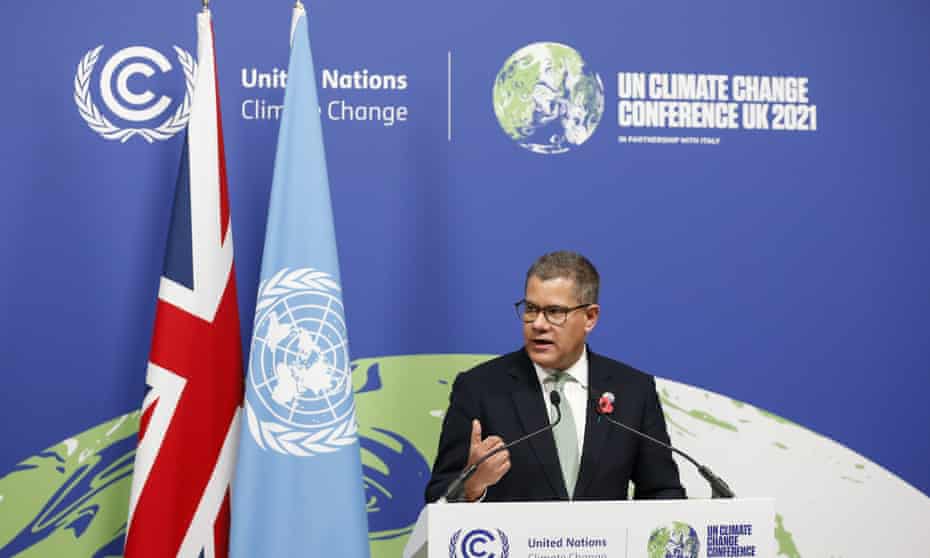Watered-down hope: the sobering legacy of Cop26
Frustration at the outcome in Glasgow is voiced by Dennis Fitzgerald, while Andrew Colley says delegates should be forgiven for not reaching a more radical final deal. Plus letters from Stephen Milton, John Stone and Catherine Roome

The roar of promise from the Cop26 climate summit has closed to a whimper because of political pressures from heavily polluting countries (It could have been worse, but our leaders failed us at Cop26. That’s the truth of it, 13 November). The watering down of a phrase from agreeing to “phase-out” coal use to “phase down” will have damaging consequences.
For a number of countries, especially islands like Tuvalu, the watering-down of climate change controls will lead to a rise in water levels and eventually the flooding of these islands. It’s time to listen to young people, especially Greta Thunberg, as older adults no longer have anything useful to say.
Dennis Fitzgerald
Melbourne, Australia
Delegates at Cop26 have been criticised for talking and not doing. They are politicians and diplomats, this is what they do: policy and diplomacy, process and targets. We have to forgive them for that.
What they can do as individuals however, and what we can all do, is more. Or rather, less. Fewer flights, fewer car journeys, less stuff. We could all just decide never to take a plane again, to use our car less, to buy less useless short-term stuff. Maybe plant and grow a little more: a tree, a flower, a bit of fruit and veg.
We are human. That is all. We just have to live well and with kindness, and then we die. That’s all. Everything else – all that stuff – is destroying us.
Andrew Colley
Little Bradley, Suffolk
In the early estimates of the effect of climate change, it was suggested that over 200 million people would be displaced from their homes by a warming of between 1.5C and 2C. This now seems to be baked into our future, so what plans have we got?
If you think of the political upheaval that even the relatively tiny migrations have caused over the last few years, how come this was not even a proper subject of debate at Cop26? Will we all just try to pull up the drawbridge and retreat into national protectionism – leaving those 200 million destitute men, women and children to fend for themselves? Who would want to design such a cruel future?
Two hundred million is the equivalent of 20 super-cities – let’s identify where they will be most viable in areas close to where they will be most needed, and start building. We have the capacity, but we need to find the will.
Stephen Milton
St Leonards-on-Sea, East Sussex
Conventional wisdom stresses the virtue of competition to achieve human progress (Cop26 targets too weak to stop disaster, say Paris agreement architects, 11 November). So the leaders at Cop26 need a mindset revolution, from nationalistic competition to global cooperation. The younger generations and the forgotten people get it – it’s their future after all – while older generations, who hold all the power, flounder in obsolescent thinking. We urgently need a peaceful power shift to avoid the planetary catastrophe, which is already under way. A vital test of democracy. Are we up to it?
John Stone
Thames Ditton, Surrey
It really beggars belief that some countries are putting their economic wellbeing, their selfishness, before the health of the world. Does it not occur to them that their economies will be useless without a world in which they could thrive?
Catherine Roome
Staplehurst, Kent
